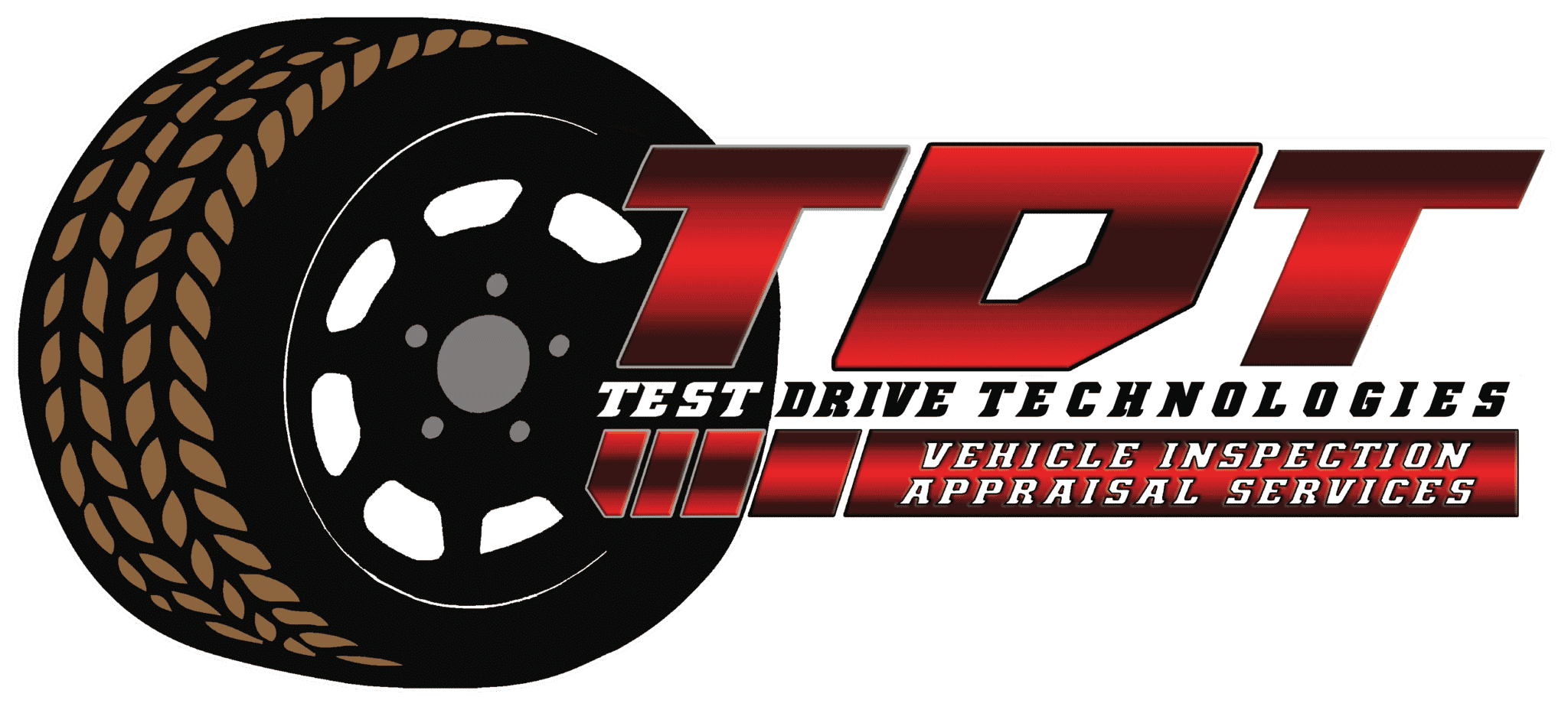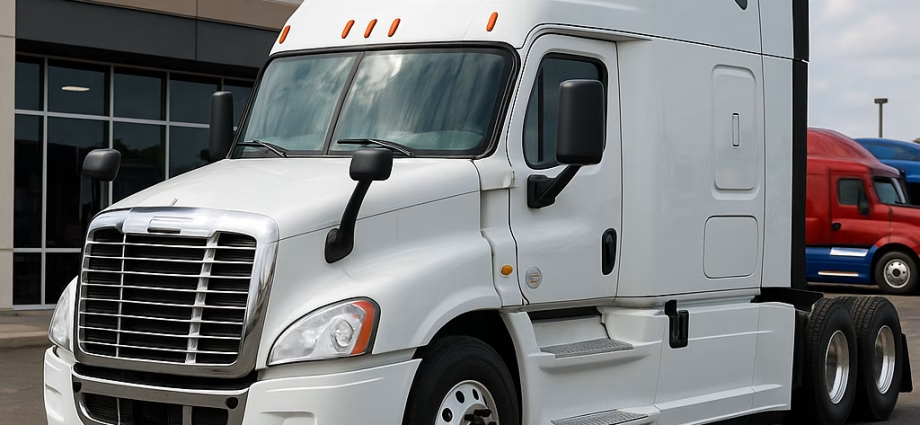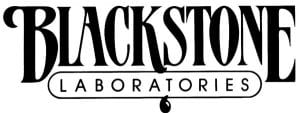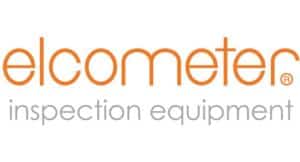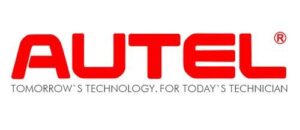7 Essential Tips for Buying a Semi Truck for Commercial Use
Introduction
In the world of commercial transportation, owning a semi truck is often more than just a business move—it’s a pivotal investment. Whether you’re launching your first freight operation or expanding an existing fleet, buying a semi truck for commercial use requires careful consideration. With so many models, financing options, and regulations to navigate, the process can feel overwhelming. But don’t worry—we’ve laid out a comprehensive guide to help you make the right choice.
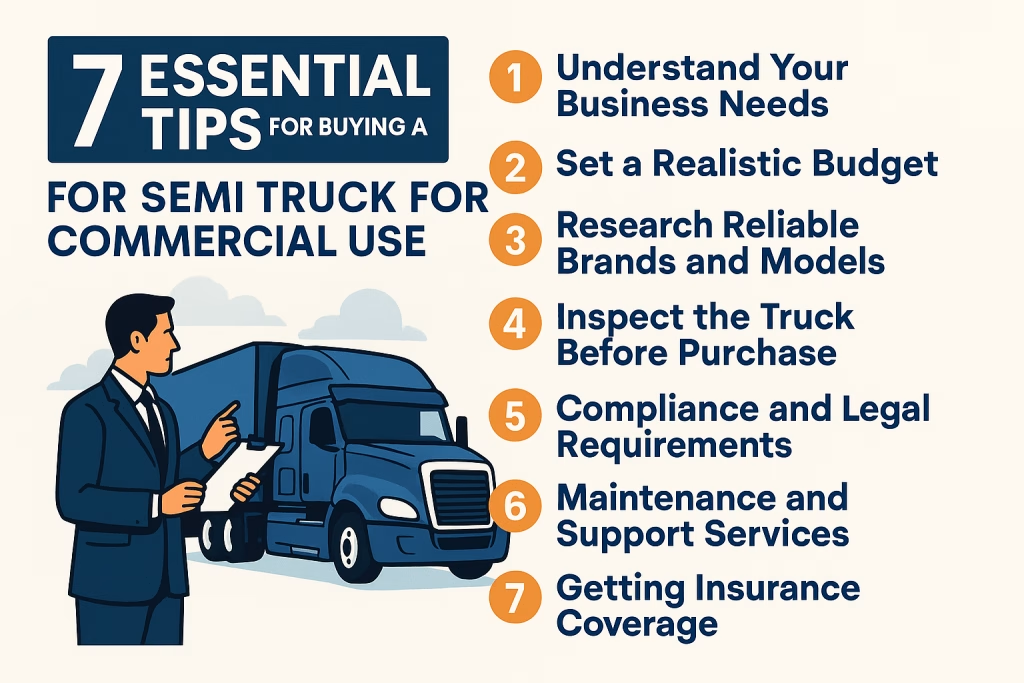
Understanding Business Needs Before Buying a Semi Truck
Before you start scanning listings or walking into dealerships, it’s crucial to define exactly what your business demands. A long-haul logistics company will need something very different than a local delivery service.
Type of Cargo, Distance, and Terrain
- Cargo Type: Are you hauling perishable goods, construction materials, or retail products? This determines the type of trailer and the power needed.
- Distance: For long-haul trips, you’ll need a sleeper cab with better fuel efficiency and comfort.
- Terrain: Mountainous or off-road routes require stronger engines and better suspension systems.
- Frequency of Use: High-frequency usage means you’ll need a truck with durable parts and reliable servicing options.
Choosing Between New and Used When Buying a Semi Truck
Each option has its perks and pitfalls.
- New Trucks: Come with warranties, the latest tech, and lower maintenance needs but are significantly more expensive.
- Used Trucks: Cost less upfront, but may have higher long-term costs due to maintenance. You’ll need to inspect them more carefully and budget for potential repairs.
Leasing vs Buying a Semi Truck for Commercial Use
Leasing a semi truck is attractive for businesses wanting flexibility without a long-term financial burden. It also offers newer models and easier upgrades. However, buying builds equity and may offer more freedom in terms of customization and usage. Evaluate your long-term goals and cash flow when deciding.
Budgeting Tips When Buying a Semi Truck for Commercial Operations
While the sticker price gets most of the attention, owning a semi truck involves many ongoing expenses. When buying a semi truck for commercial use, hidden costs can add up fast.
Financing Options
Banks, credit unions, and dealer-backed financing are popular choices. Shop around for competitive rates and flexible repayment terms. Some financial institutions offer special programs for first-time buyers or those with good credit histories.
Hidden Costs
Don’t overlook these:
- Insurance premiums
- Regular maintenance and unexpected repairs
- Fuel efficiency and fuel type
- Permits and tolls
Being realistic about these costs helps you avoid unpleasant surprises.
Researching Reliable Truck Brands and Models
Not all trucks are built the same. Focus on durability, parts availability, and overall cost of ownership.
Comparison of Popular Brands
| Brand | Known For | Best For |
|---|---|---|
| Freightliner | Fuel efficiency and affordability | Long-haul routes |
| Peterbilt | Rugged construction and comfort | Heavy loads and long trips |
| Volvo | Driver comfort and tech integration | Fleet-based logistics companies |
| Kenworth | Power and reliability | Mixed use and terrain variability |
Features to Consider
- Engine Type & Horsepower: Match with your cargo needs.
- Fuel Efficiency: Can significantly impact long-term costs.
- Cab Size & Comfort: Important for long-distance drivers.
- Technology: GPS, telematics, and safety features like lane assist.
Inspecting a Semi Truck Before Buying for Commercial Use
A thorough inspection can save you thousands. Consider scheduling semi‑truck pre‑purchase inspections by TestDriveTech—they provide detailed diagnostics, over 250 photos and video, fluid sampling, and expert insight.
What to Look For
- Tire condition
- Engine noise and leaks
- Rust and body damage
- Brake system and lights
- Mileage and maintenance records
Importance of a Pre-Purchase Inspection
A key step in buying a semi truck for commercial use is getting a certified pre-purchase inspection.
Hiring a trusted mechanic to evaluate a used truck is essential. They’ll check for wear and tear, underlying mechanical issues, and even signs of odometer fraud. TestDriveTech employs advanced diagnostic technology—ECM scans, emissions checks, and electronic system evaluation—ensuring you fully understand the vehicle’s mechanical health and verification of hours and mileage before purchase.
Compliance and Legal Requirements
Your truck must meet federal and state guidelines. Compliance is non-negotiable when you’re buying a semi truck for commercial use.
Licensing and DOT Regulations
- Commercial Driver’s License (CDL)
- Department of Transportation (DOT) Number
- Vehicle Identification Number (VIN) checks
Emissions Standards
Many states have strict regulations. Make sure the truck meets EPA standards or you could face fines or bans.
Maintenance and Support Services
Choose a truck that can be serviced easily in your operating area. Access to parts, qualified mechanics, and warranty coverage can make a huge difference in uptime and profitability.
Getting Insurance Coverage
Commercial trucking insurance varies depending on your routes, cargo, and truck type. Look into:
- Liability Coverage
- Cargo Insurance
- Physical Damage
- Non-trucking Liability
Get multiple quotes and ensure your insurer understands your exact operation.
Where to Buy Your Truck
Dealerships vs Private Sellers
- Dealerships offer certified inspections, financing options, and after-sale support.
- Private Sellers can offer better prices but often sell “as-is” with limited protections.
Online marketplaces and auctions like Ritchie Bros. and Commercial Truck Trader also offer wide selections.
Final Checklist for Buying a Semi Truck for Commercial Business Use
Here’s your must-have list before signing the papers:
- Pre-inspection report
- Full vehicle history
- Warranty and return policy
- Licensing and paperwork in order
- Trial run and mechanic approval
- Financing pre-approval
Frequently Asked Questions
1. Is it better to buy or lease a semi truck for commercial use?
It depends on your budget, long-term goals, and how much flexibility you need. Leasing is flexible, while buying builds ownership.
2. How much does a new semi truck cost?
Expect prices between $130,000 to $200,000, depending on the brand, model, and features.
3. What should I check when buying a used semi truck?
Check engine condition, mileage, maintenance records, and get a third-party inspection.
4. Can I get financing with bad credit?
Yes, some lenders specialize in commercial truck loans for poor credit, but interest rates may be higher.
5. What kind of insurance do I need?
You’ll need liability, cargo, and physical damage insurance at a minimum.
6. Do I need a special license to drive a semi truck?
Yes, a Commercial Driver’s License (CDL) is required in the U.S.
Conclusion
Buying a semi truck for commercial use isn’t just about picking the flashiest model—it’s about making a smart, informed investment. By understanding your business needs, setting a budget, doing your research, and inspecting thoroughly, you set yourself up for long-term success on the road.
